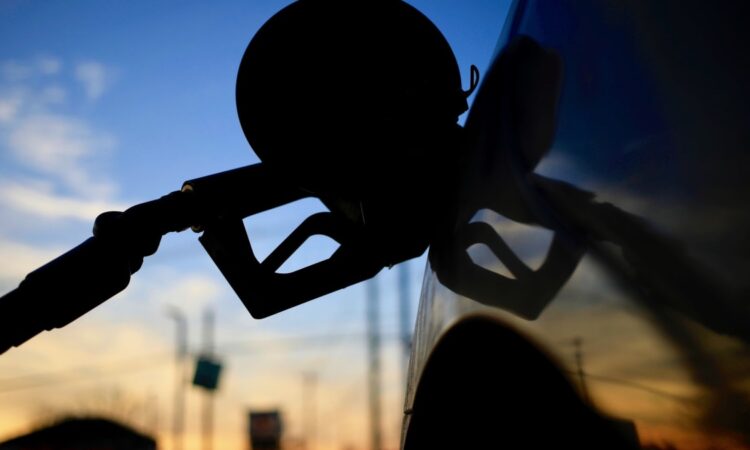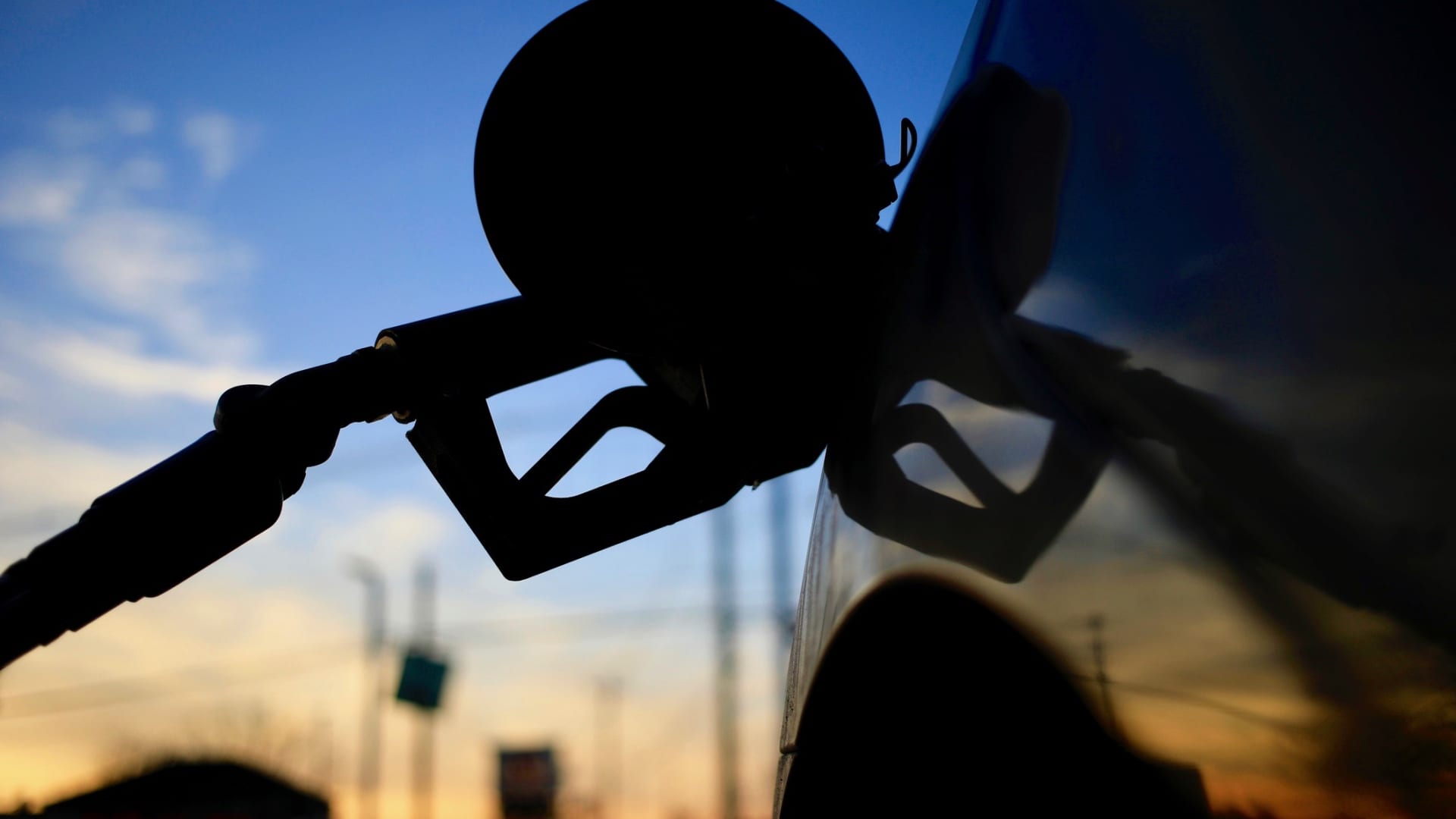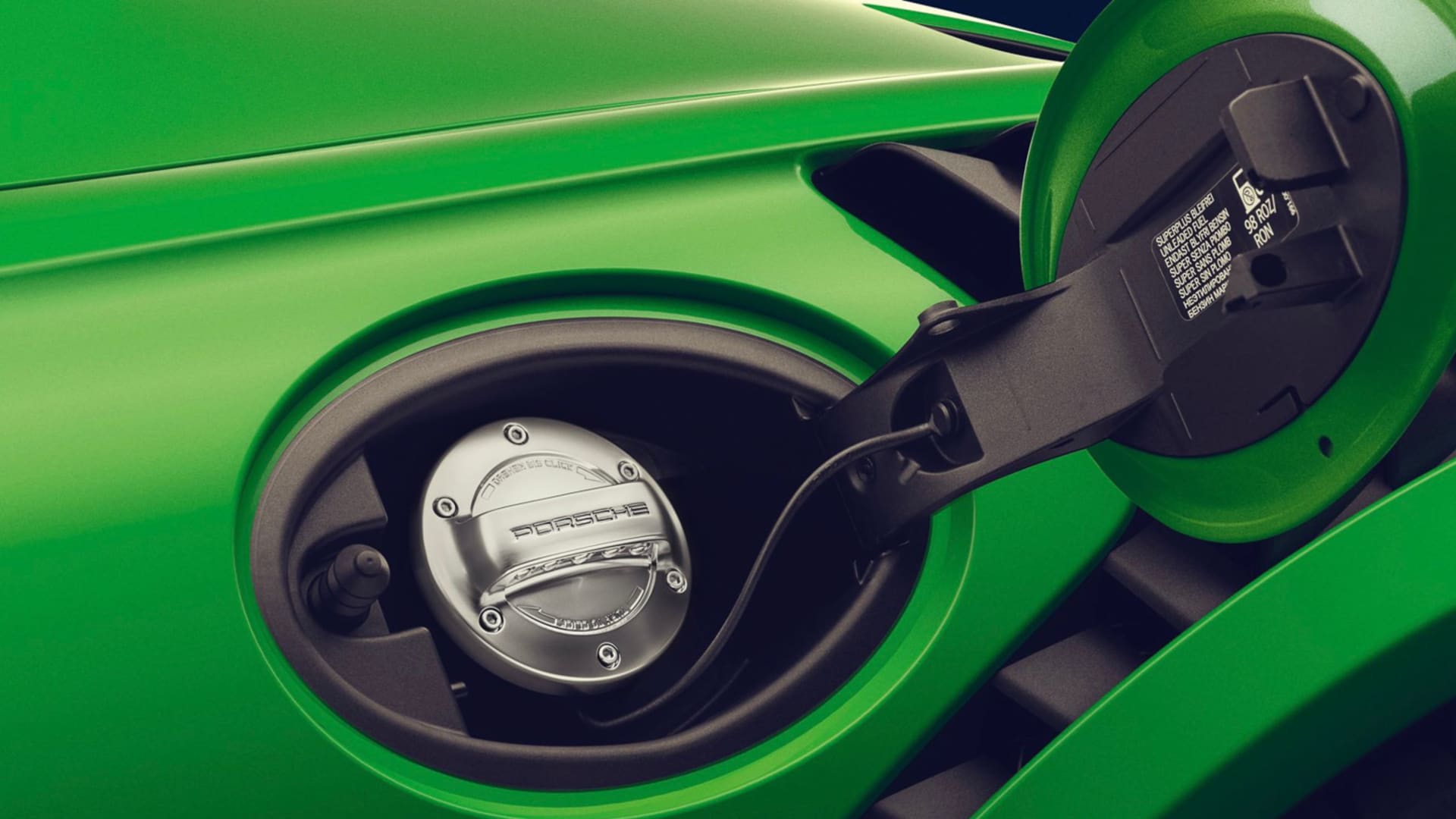
The ‘Big Three’ US car-makers claim more stringent fuel economy standards could lead to billions of dollars in fines if the targets aren’t met.
US car-makers could face billions of dollars in fines if a proposed increase to the country’s fuel economy standards is legislated, according to a peak body representing the ‘Big Three’ brands – Ford, General Motors, and Stellantis.
At present, US car-makers are required to have a fleet fuel consumption average of more than 42.4 miles per gallon (less than 5.5L/100km) for passenger cars, or 31 miles per gallon (less than 7.6L/100km) for pick-ups and SUVs.
In July 2023, the National Highway Traffic Safety Administration (NHTSA) proposed the Corporate Average Fuel Economy (CAFE) requirements should be increased by two per cent annually for passenger cars, and four per cent annually for pick-ups and SUVs through to 2032.
By 2032, the fleet-wide average fuel economy for US car-makers would be 58 miles per gallon or more – approximately 4.1L/100km.
News agency Reuters reports the proposed increase is being met with resistance from car-makers, with a letter from an automotive peak body to the US Energy Department claiming the companies face “alarming” fines if the laws come into effect.
The letter – penned by the American Automotive Policy Council (AAPC), which represents the three car giants – claims General Motors could be fined $US6.5 billion ($AU10.3 billion) if the proposal is enacted.
Meanwhile, Stellantis – the parent company of Jeep, Ram, Dodge and Chrysler, among others – could stand to lose $US3 billion ($AU4.7 billion).
By contrast, the AAPC claims Ford would face $US1 billion ($AU1.58 billion) in fines, whereas German car-maker Volkswagen – which has sought to fix its reputation in the US following the 2015 Dieselgate emissions scandal – could also be subject to more than $US1 billion ($AU1.58 billion) in fines.
Last week, the Alliance for Automotive Innovation (AAI) – which represents General Motors, Toyota, Volkswagen, Hyundai and other car-makers – boldly claimed all auto companies could “pay over $US14 billion ($AU20.6 billion) in non-compliance penalties between 2027 and 2032″.
According to Reuters, both General Motors and Stellantis paid a combined $US363 million ($AU574 million) in fines earlier this year for failing to meet previous CAFE fuel economy standards.
NHTSA’s proposal to make the US fuel economy standards more stringent comes as a part of its push to make car-makers adopt electric power through legislation.
While the NHTSA said the AAI’s estimates about fines car-makers would face are “consistent with our statutory obligations”, Reuters reports the organisation said companies “are free to use electric vehicles to comply and avoid penalties altogether.”











